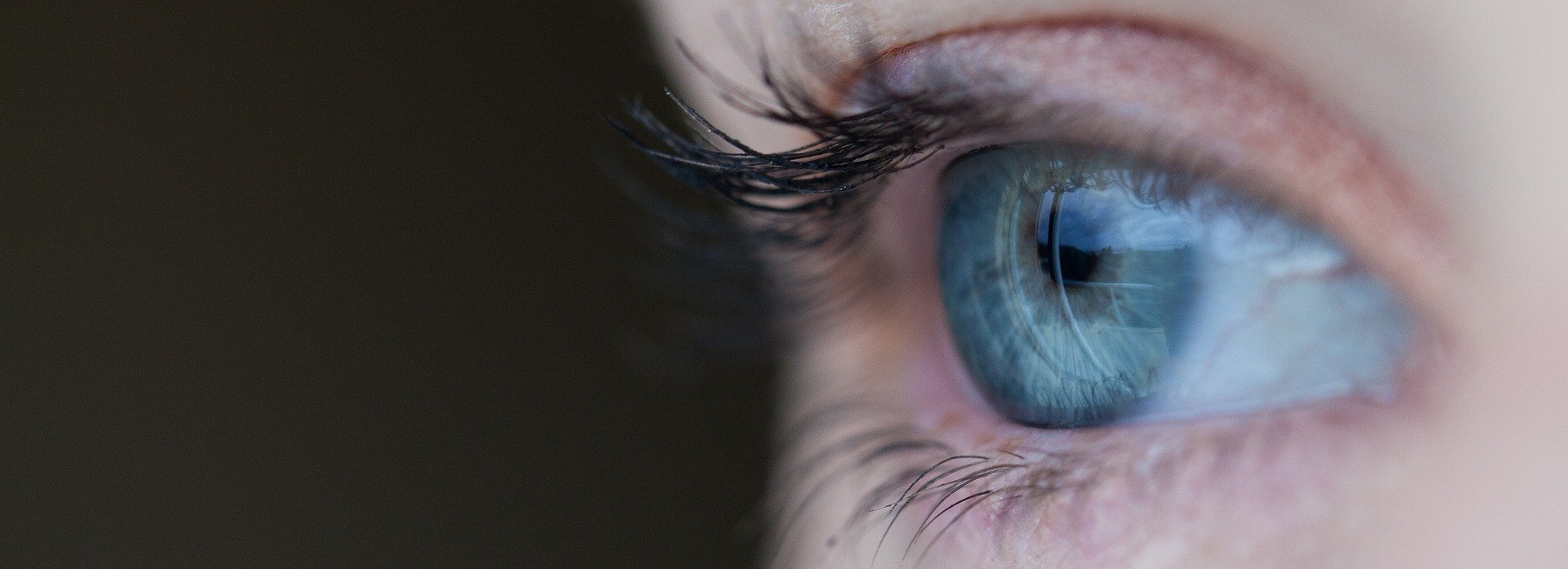
Glaucoma Assessment
Performed by one of our specialist optometrists, the Glaucoma assessment is a hospital-grade examination tailored to investigating and diagnosing Glaucoma at the earliest possible stage.
At Peepers Opticians, we offer a private Glaucoma Assessment performed by a Senior Specialist Optometrist. Our Specialist Optometrists have extensive experience working in hospital Glaucoma clinics and will include vital tests required for accurate diagnosis.
What is included in the Glaucoma Assessment?
With the new addition of 3D imaging technology, we are now able to identify and monitor the smallest change and that changes everything. The Topcon 3D OCT scanner uses a patented eye-tracking system that produces 3- dimensional images of the eye, allowing us to more easily identify those at risk of eye disease.
2. Henson Visual Field Analyser
This examination detects dysfunction in central and peripheral vision which may be caused by Glaucomatous damage. The Henson Visual Field Test consists of a central fixation light and blinking test lights in the periphery. This test measures the sensitivity of vision and areas that appear grey or black the test results reflect areas of vision that may be blurred or missing. At Peepers Opticians, we can tailor the type of test to best monitor disease progression and adjust treatment appropriately to help monitor and preserve vision.
3. Gonioscopy
The third test undertaken for suspect glaucoma cases assesses the angle where the fluid (Aqueous humour) leaves the eye. This is viewed using a large contact lens called a Gonioscope gently placed on the surface of the anaesthetised cornea. The Optometrist will assess if the angle is open, closed or somewhere in between and evaluate the risk of glaucoma progression.
4. Goldmann Applanation Tonometry
This test is performed to determine the intraocular pressure produced by a fluid (Aqueous Humour) within the eye and is a crucial test in the evaluation of patients at risk from Glaucoma. Goldmann Applanation is regarded as the Gold Standard test in the profession and is performed by the installation of anaesthetic eye drops followed by the use of a small probe to gently flatten part of the cornea. The intraocular pressure is measured by calculating the amount of force needed to flatten the cornea. This test yields reliable and repeatable results, superseding the non-contact or ‘puff of air’ pressure tests and is, therefore, the only accepted test by Glaucoma Ophthalmologists.
The intraocular pressures measured during tonometry are dependent upon the thickness of the cornea and pachymetry provides invaluable information in the management of suspect glaucoma patients. For example, a thicker cornea may mean less reason to worry about glaucoma as patients with thicker corneas may show a higher pressure reading than actually exists. This is a quick and painless test and involves the application of a sterile pachymeter probe onto the anaesthetised cornea to obtain a corneal thickness reading.
A Glaucoma Assessment is Recommended for:
• Patients over 40, with a family history of Glaucoma – Patients with a family history of Glaucoma are more susceptible to being diagnosed with the same condition, especially over the age of 40. These patients require additional tests and a longer appointment to carefully monitor for any changes to their eye health.
• Suspect Glaucoma – Patients that have been advised to have further investigation as they may have developed Glaucoma. This may have been recommended during a routine eye examination or maybe a hospital/GP recommendation.
Specialist Glaucoma Detection Technology
Glaucoma Assessment Duration: Allow 60 Minutes
Glaucoma Assessment Fee: £150 - £250*
Please note: Patients are likely to have dilation drops administered that can cause blurred vision, patients should be advised not to drive after the appointment for up to 4 hours.
* Fees may differ as your medical history and clinical findings may indicate additional examinations that will be needed. The Optometrist will discuss additional fees before proceeding with additional tests.






